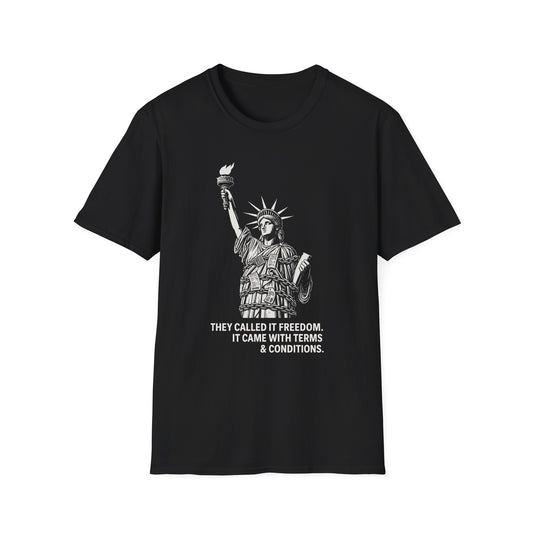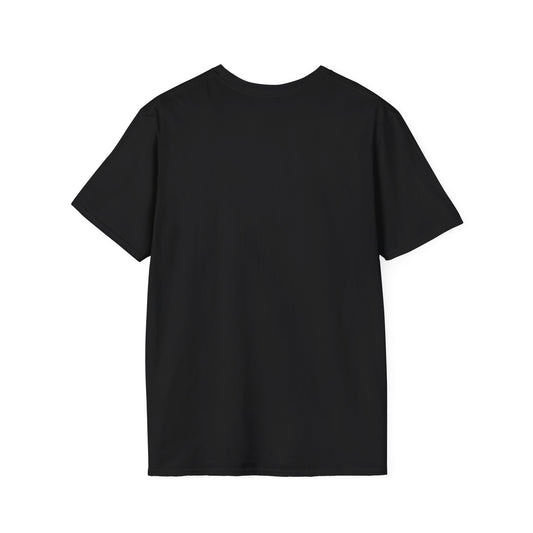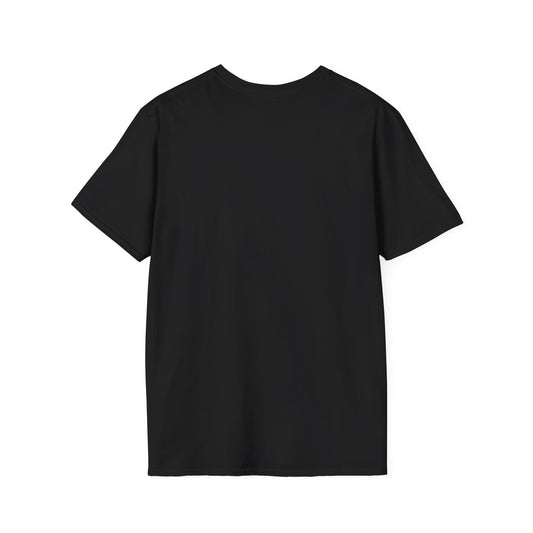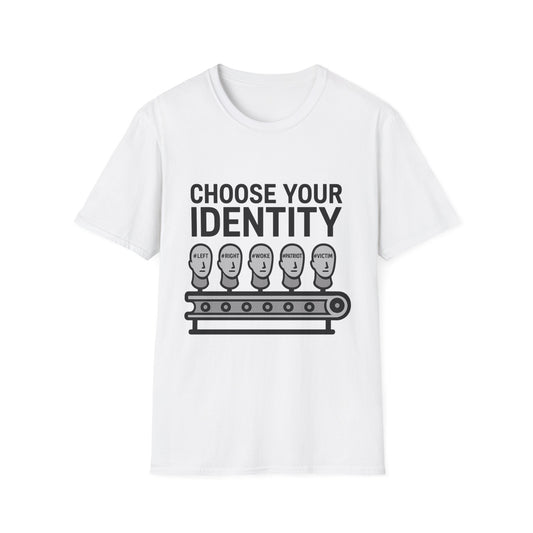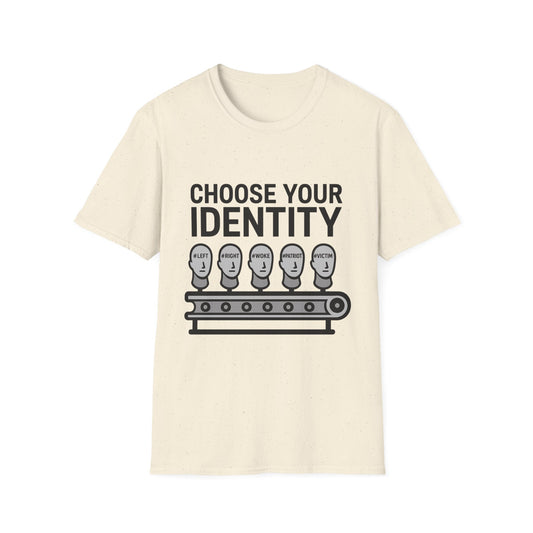
The Dark Psychology Behind TikTok Fame
The Dark Psychology Behind TikTok Fame
Fame Isn’t What It Used to Be
There was a time when fame was a byproduct—something that happened to people who did something. Actors. Athletes. Artists. Outliers. People who spent years mastering a craft and got noticed because of it. But now? Fame is the product. The thing being manufactured, chased, sold, and consumed. And nowhere is that more obvious than on TikTok.
TikTok took the concept of virality and turned it into a lifestyle. It’s a platform where regular people become overnight celebrities with nothing more than a trending sound, a good angle, or a fluke moment. You don’t need talent. You don’t need skill. You don’t need depth. All you need is attention. And once you get it, you’re hooked.
This isn’t just social media anymore. This is behavioral manipulation. Every tap of your screen is tracked. Every second you pause is recorded. Every piece of content you engage with is calculated. And in return, the algorithm feeds you what you want—until it starts training you to want something else entirely.
Because TikTok doesn’t just give you content. It conditions you.
It teaches you how to think.
How to look.
How to act.
It rewards you for being loud, controversial, attractive, or extreme. It punishes you for being quiet, thoughtful, or nuanced. The goal isn’t self-expression. The goal is visibility. Because visibility equals value. And the second you go viral, you're no longer a person. You’re a product. A commodity. A public brand. An avatar for mass approval.
And that changes how you see yourself.
You stop asking, “What do I like?” and start asking, “What will get views?”
You stop living for joy and start living for engagement.
You stop existing privately and start performing publicly.
Every moment becomes content. Every action becomes strategy. Every thought is filtered through the question: “Will this get me attention?”
TikTok fame doesn’t make people feel seen.
It makes them feel watched.
It doesn’t give them freedom. It gives them a spotlight they can’t escape from.
And the more you play the game, the more it rewires your brain. You chase the numbers. You feel high when they spike. You spiral when they drop. You post again. And again. And again. Until you don’t know where the real you ends and the algorithm version begins.
That’s not empowerment.
That’s addiction with a filter.
The Algorithm Doesn’t Care About You
If you think TikTok is here to help you express yourself, think again. The platform doesn’t care about your message, your creativity, or your mental health. It only cares about one thing: keeping you on the app. And to do that, it doesn’t serve you what’s best—it serves you what works.
What works? Content that provokes. That shocks. That seduces. That stirs up comment wars. That makes you feel something instantly, even if it’s disgust, rage, or insecurity. The algorithm isn’t neutral. It’s engineered to pull you into an emotional loop, reward impulsive behavior, and make you crave the next hit of stimulation.
And if you're the creator? That same system turns you into a lab rat.
You start experimenting with your identity just to stay relevant. You shave your head. You overshare your trauma. You fake fights, breakups, tears. Not because you want to—but because the numbers told you to. Because you’re playing chess with an algorithm that’s invisible, silent, and constantly evolving. One day you’re winning. The next you’re shadowbanned. And no one tells you why.
It’s psychological warfare in 60-second clips.
The worst part? TikTok rewards your most unhinged behavior. Not your wisdom. Not your growth. Not your healing. But your outbursts. Your breakdowns. Your scandals. Because that’s what keeps people scrolling. That’s what hooks the viewers. That’s what goes viral.
This isn’t just manipulative—it’s exploitative.
It turns people into performers and pain into performance.
You start to realize that being genuine doesn’t work unless it’s tragic. That being happy doesn’t trend unless it’s fake. That no one wants to hear the truth unless it’s delivered in a perfectly packaged soundbite with captions, lighting, and background music.
So you edit yourself.
Not just your videos—your identity.
You become the version of you that the algorithm likes. Louder. Dumber. Angrier. More dramatic. Because that’s what gets the push. That’s what gets the reach. And without the reach, you disappear. And the worst thing in the TikTok universe isn’t being hated. It’s being forgotten.
TikTok doesn’t just monetize your content. It monetizes you.
Your voice.
Your time.
Your image.
Your mental state.
And it does it without warning, without care, without a single moment of accountability. Because behind the screen, there’s no empathy. Just data. Just feedback loops. Just a platform doing exactly what it was designed to do:
Use you up, then replace you.
Fame Is the New Addiction
We used to talk about addiction in terms of substances. Drugs, alcohol, maybe gambling. Now? It’s numbers. Notifications. Views. Clout. That little red bubble on your screen is today’s needle—your daily dose of dopamine disguised as digital success. And TikTok is the most potent dealer on the block.
The cycle is predictable:
You post something.
It gets attention.
Your brain lights up.
You crave more.
You post again.
It gets less attention.
You crash.
You spiral.
Then you chase the next hit—harder, faster, more desperate.
It’s no longer about creativity or community. It’s about survival in the spotlight. The second you taste virality, your baseline for happiness shifts. A video with 100 likes used to feel great. Now it feels like failure. You hit 1 million views once, and now anything less feels like obscurity. The goalposts move. The hunger grows. And the more you feed it, the emptier you feel.
Because TikTok doesn’t reward fulfillment. It rewards engagement. And engagement is easiest to spark through fear, drama, or emotional exposure. So you offer more of yourself. Your thoughts. Your trauma. Your relationships. You let strangers in deeper, closer, rawer—until you realize you don’t have anything left that’s yours.
Fame, once a dream, becomes a weight. You become paranoid about staying relevant. You’re constantly performing. You feel like a fraud. You feel like a slave to your audience, your followers, your analytics dashboard. And if you step away? Even for a day? The platform forgets you exist. The views drop. The comments slow. The algorithm moves on.
It doesn't matter how much you gave it. TikTok never loved you back.
And yet, you keep going. Not because you want to—but because stopping feels like disappearing. Because in the new fame economy, existence is visibility. You either stay on people’s screens, or you vanish from their minds.
This isn’t inspiration. This is a silent epidemic.
A generation of creators addicted to approval.
Posting through exhaustion.
Performing through breakdowns.
Living for validation that disappears as fast as it comes.
We don’t talk about it enough because it’s normalized. Because burnout is seen as “grind.” Because collapsing under the weight of your own brand is treated like proof that you’ve “made it.”
But the truth is uglier:
Most people chasing TikTok fame aren’t thriving.
They’re just surviving—with a ring light and a nervous smile.
And the scariest part?
They can’t stop.
Because the only thing more terrifying than staying in the cycle…
is being forgotten by it.
You Don’t Own Your Audience—The Platform Does
This is the truth most creators don’t realize until it’s too late: you don’t actually own your fame. You don’t own your followers. You don’t own your reach. TikTok does. The platform is your middleman, your gatekeeper, and your landlord. It controls who sees you, how often, and for how long.
You could have a million followers today—go viral, trend, land sponsorships—and still vanish tomorrow without warning. One shadowban. One algorithm update. One misstep. One false report. And suddenly, your content doesn’t get pushed. Your views drop. Your momentum dies. And no one tells you why.
Because that audience you built? It’s not really yours.
You’re renting space on a platform that doesn’t owe you anything.
And the second you stop feeding it, it stops feeding you.
This is why so many creators burn out.
They don’t just feel pressure to perform.
They feel pressure to survive on a machine that never sleeps.
You’re not just posting for fun anymore. You’re working for the algorithm. You’re optimizing your hashtags. Timing your uploads. Analyzing trends. Studying metrics. Panicking when engagement dips. Celebrating when it spikes. You become a one-person content factory—desperate to stay in favor with something that can’t love you back.
And this isn’t just sad.
It’s dangerous.
Because when you tie your worth to a platform you can’t control, you start losing grip on who you are without it. You start believing your value is tied to reach. That your voice only matters if it gets shared. That your face only matters if it’s trending. And if the numbers don’t validate you, you start to think you don’t matter at all.
That’s how people lose themselves.
Not in the fame—but in the algorithmic silence that follows when it disappears.
And still, we chase it.
Because we’ve been convinced that visibility equals success.
That followers equal purpose.
That content equals contribution.
But what if you stopped?
What if you unplugged?
What if your worth had nothing to do with the views?
TikTok doesn’t want you to ask that.
It wants you addicted, confused, and stuck in the loop.
Because when you’re trapped in performance mode, you’re predictable. And predictable behavior is profitable.
That’s the business model.
That’s the trap.
That’s the truth.
And the most rebellious thing you can do in a world obsessed with digital fame?
Reclaim your identity outside of the screen.
